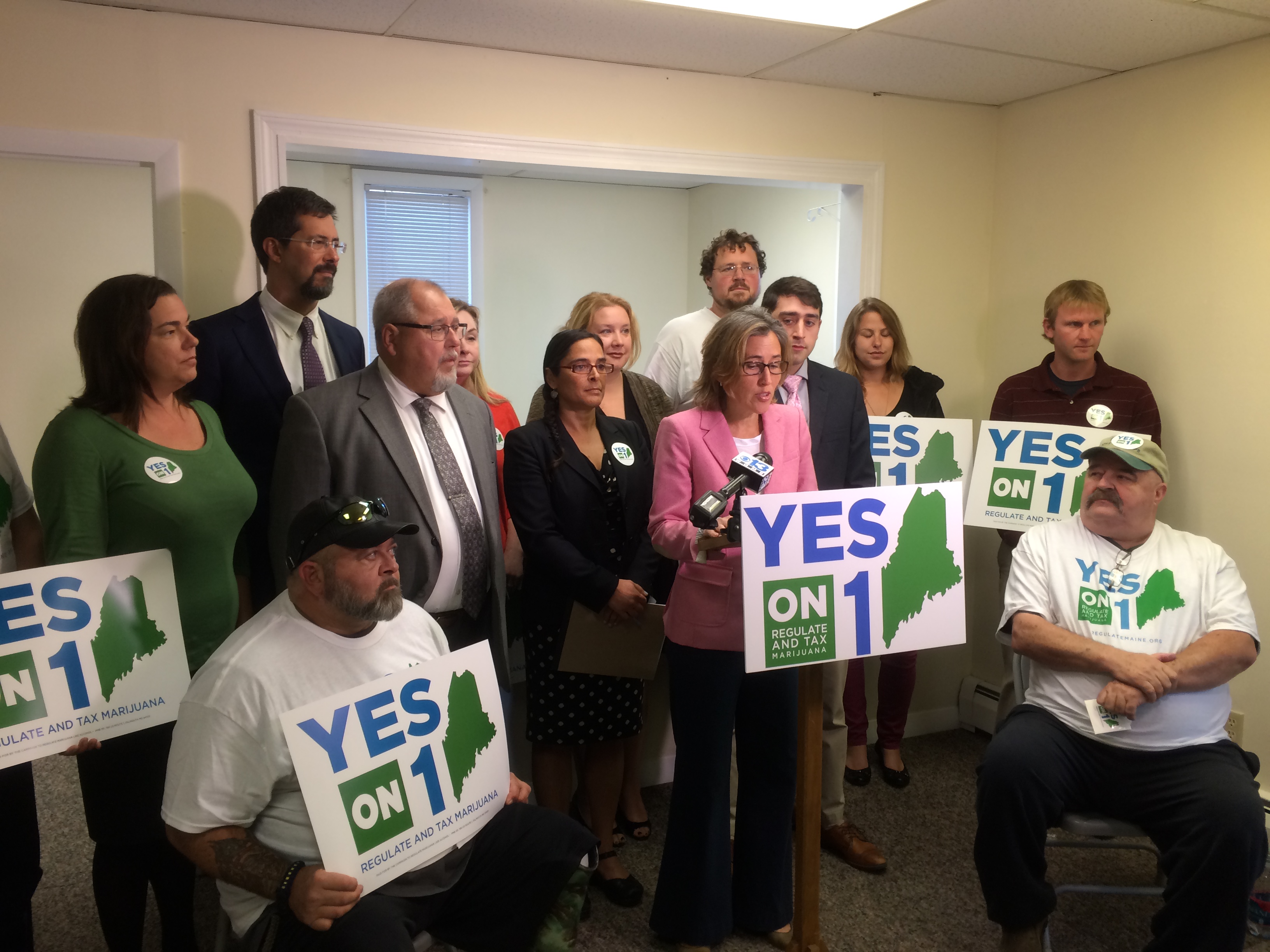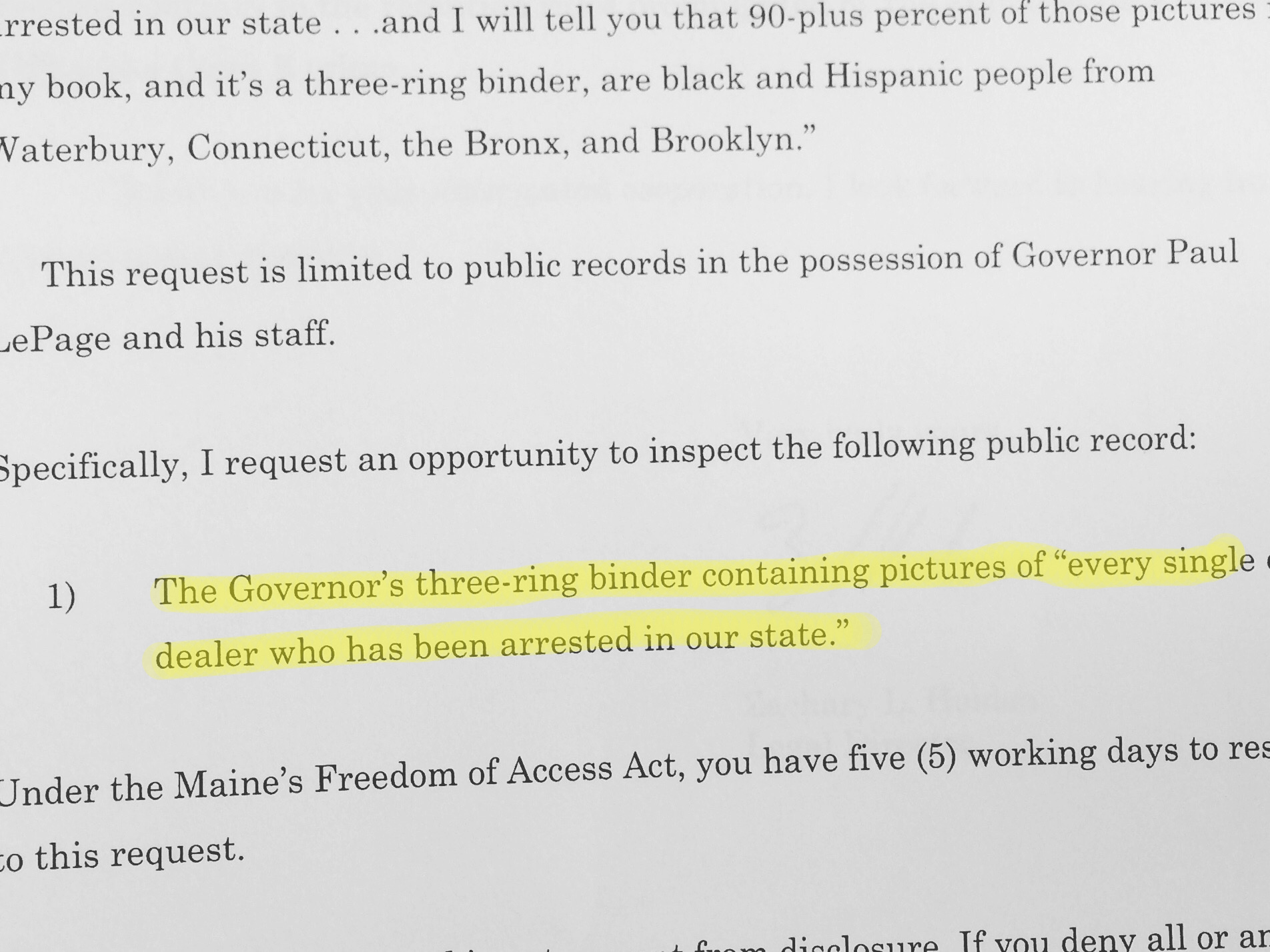The ACLU of Maine joins our colleagues around the country who support marijuana legalization, and we are proud to announce our support for Question 1.
The ACLU’s support for marijuana legalization is grounded in our concerns over the civil liberties impact of the failed war on drugs.
Over the last four decades this war has cost Americans roughly a trillion dollars. It has produced little to no effect on the supply of or demand for drugs in the United States. And it has helped make America the world’s leading jailer. This is not something to be proud of.
We now have more people in prison and jail – in total and per capita – than any other country in the world. There are 2.3 million people behind bars in this country, and 25 percent of them are locked up for drug offenses.
Maine spends $8.8 million on marijuana possession enforcement annually. Meanwhile, like the rest of the country, we face a budget crisis. Each year, our legislature struggles with drastic cuts to education and health and human services. Meanwhile, budgets for prisons and jails are growing and our leaders in Augusta are pushing to add more prosecutors to the payroll.
The human cost of incarcerating non-violent drug offenders is even higher. An arrest or citation for even a small amount of marijuana can make it harder to secure student loans, housing, or a job.
As if that wasn’t bad enough, marijuana laws are enforced along racial lines. Studies show Black and white people use marijuana at the same rates. Yet Black people are twice as likely statewide to be cited or arrested for marijuana.
Further, all these costs don’t add up to any benefit. After all this time, the war on drugs has done little to nothing to curb the demand for drugs. It’s time to face the fact that we cannot arrest our way out of this problem.
This money and valuable police time could better be spent on measures that keep communities safe and on public health programs, including drug treatment.
Jailing individuals who use marijuana does not make sense from a civil liberties perspective, from a civil rights perspective, or from a fiscal perspective.
Treating marijuana use as a crime has failed. Now we have a better path forward. That is why the ACLU of Maine supports Yes on 1.

